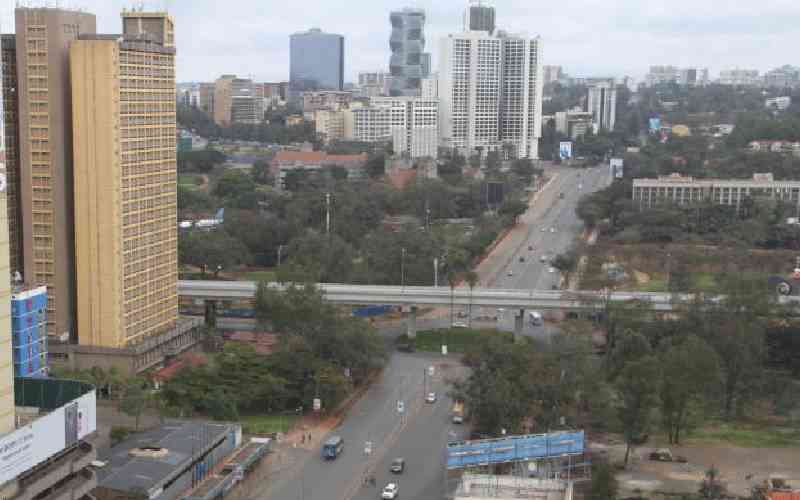Several shops and Business in Nairobi's CBD during the 2022 general election. [Edward Kiplimo,Standard]
×
The Standard e-Paper
Fearless, Trusted News

One of the most noticeable things in the lead up to the 2022 elections is the optimal and ruthless deployment of social media. The political formations deployed tens of social media influencers to push messages across.
The result was stealth communication tactics: The use of social media tools makes it easy to pass a message quickly and cheaply to multitudes of audiences at the click of "send".